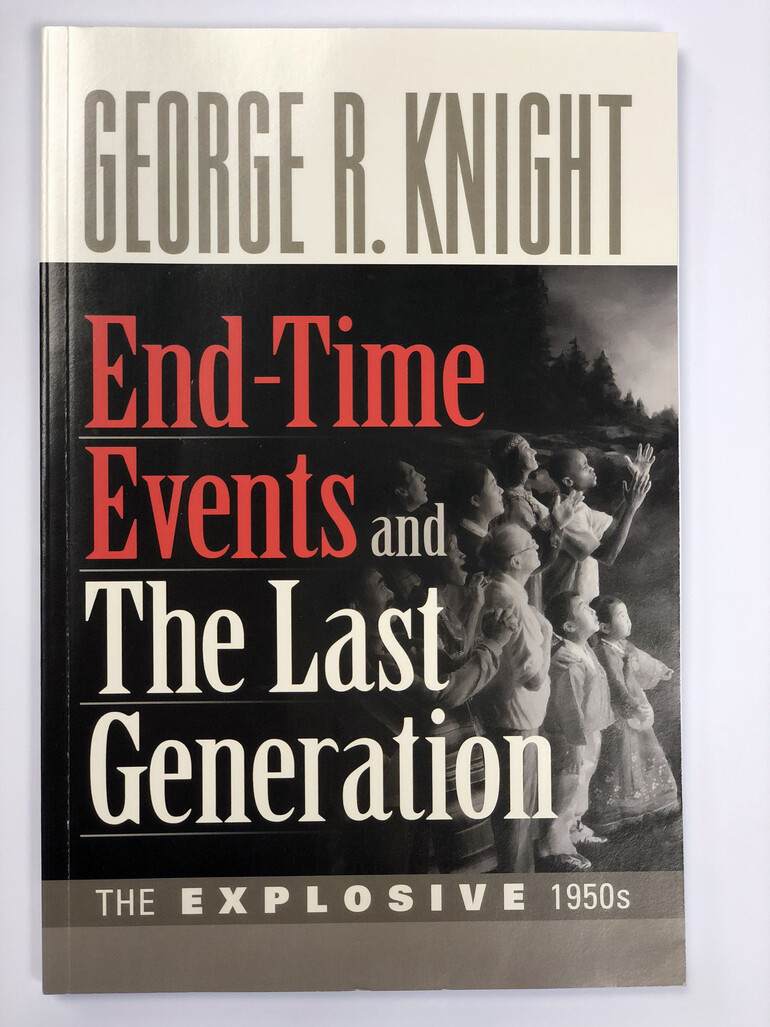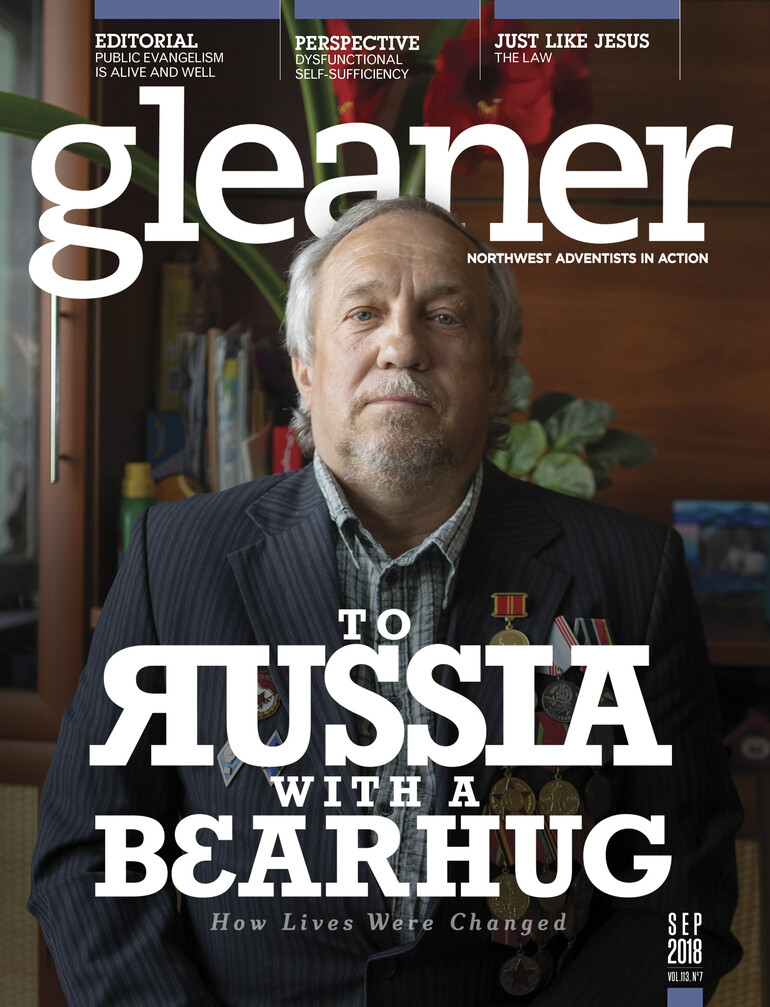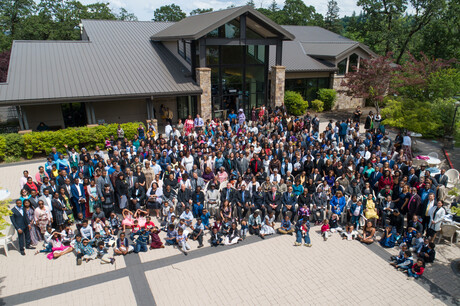One of the marks of a healthy organization is its ability to identify and address different viewpoints within its ranks. Author George Knight has made a career of documenting our denomination’s differing thoughts on theological matters and God’s leading as we process those diverse lines of thinking. His latest work, End-Time Events and The Last Generation: The Explosive 1950s, explores a topic that came to the forefront in the 1950s and is still a point of discussion and disagreement into the 21st century.
Although elements of Last Generation Theology (LGT) are found throughout Adventist history, Knight shows how it became more pronounced with the publication of the book Questions on Doctrine in 1957. He outlines the roles of two key players in that debate: M.L. Andreasen and Le Roy Froom. The book also looks at the part that independent ministries such as Hartland Institute, the 1888 Study Committee and the Historic Adventism movement play in the discussion.
At a readable 118 pages, the book is packed with information on the subject of how the lives of God’s last generation people impact end-time events. Knight acknowledges that this is a brief overview of the topic rather than an in-depth “systematic, far-reaching discussion of last-day events.” His main focus is on how the debate of the 1950s is still affecting our church today.
The book is more, however, than just an historical overview of events. Knight reveals some of the implications of LGT that may be new revelations to some readers. Andreasen argued Satan was not completely defeated at the cross — his demise ultimately comes at the hands of a perfect last generation of believers. In other words, it is up to humanity (albeit empowered by Christ) to bring about Satan’s defeat. The implication of that view is that, if we do not accomplish that task, Satan can still conceivably win the Great Controversy battle (see p. 31).
Since the book is so concise, it is well suited for those with some understanding of Adventist history. An appendix with brief introductions to many of the names and institutions referred to in the book would make a great addition in future printings. This book is a seamless lead-in to the new work produced by several professors from the Adventist Theological Seminary, God’s Character and the Last Generation, which gives a deeper study into the theological issues involved with LGT.











